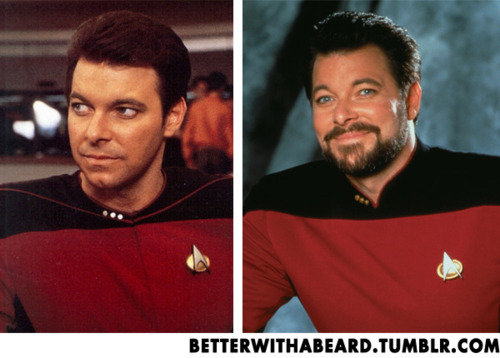About a month ago, my old college classmate Doug Perkins posted a notice on facebook about an upcoming performance of Inuksuit, John Luther Adams’ piece for lots of percussionists. He was looking for volunteers (a trick that probably only really would work with percussionists, by the way… try getting ninety-nine string players to play a concert-length piece with two rehearsals and no pay), and as I tried to put him in touch with people, he mentioned that Group 1 requires conch players, and that it was nice to seed the group with a couple of brass players who could really blow. I needed no more invitation. A few days later, the conch I ordered from Steve Weiss had arrived. Yesterday and today I took part in the rehearsals and performance of what is really an epic piece, with the composer in attendance, and with huge organizational assistance from my former theory student Amy Garapic. It’s a small world (as if we didn’t need reminders).
I met all sorts of players–musicians came from six states, some of whom had played the piece before, and this reinforces my idea that music is about people.
Trying to understand Adams’ piece while playing my part (breathing, conch shell calls, a hand siren, a brake drum, and a triangle) wasn’t easy, but at today’s performance in Lake View Cemetery, I think it’s starting to make sense.
Homo sapiens is a species that is in the world, but not completely of it. We are born breathing, living, like any other life form, but we eventually come to overwhelm our surroundings. I asked John Luther Adams whether he had an ideal site in mind for the work, and he said that he did not–just as humanity has adapted itself (or adapted the environment to itself) no matter where it finds itself, in my “meaning” of the work. It builds, and builds, and builds for nearly forty minutes–my hands are sore from cranking my siren, but the siren is perhaps representative of the crisis, or urgency created by our very presence. And, finally, there is the moment when all of the “human” sounds give way, fading into the distance as the piece merges with its environment, and the performers merge with the audience. The audience today didn’t know when to applaud, and there was a good minute of silence at the end, as the wind blew, and the sounds of Cleveland reclaimed the space, the space in which lie the remains of those humans who made Cleveland prosperous, but filthy, with a burning river, now decaying back into the dust from which they were formed. In the end, the planet will remain after us.
This is only my program, of course, and if I had been an audience member instead of a performer, I might have come away with a very different idea. The audience seemed at first festive, then curious, then rapt. There were people taking cell phone pictures, and children playing, and some people who stumbled on to us during a Sunday afternoon stroll, but I think many had a kind of spiritual experience, akin to worship (incidentally, the wind seemed to be strongest at the beginning and the end, dying off in the middle–it seems to me that if you perform a piece about God’s creation on a Sunday morning, He will probably take an interest). An incredible way to spend a weekend!
